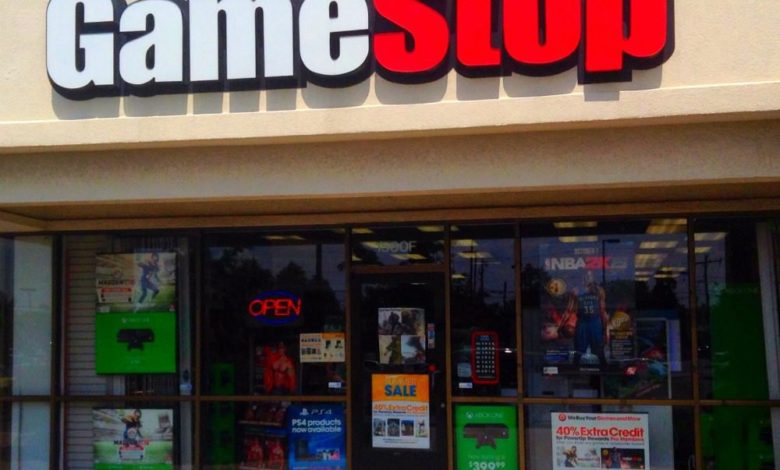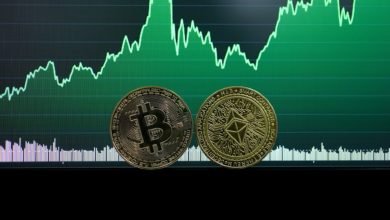GameStop Bets Big on Bitcoin: A Strategic Shift Amidst Retail Challenges

GameStop (NYSE: GME) is no stranger to risky bets, but its latest gamble might be its boldest yet. The struggling video game retailer revealed it has purchased approximately 4,710 bitcoins, worth over $500 million, adding the cryptocurrency to its balance sheet as a treasury asset. The move shocked investors and analysts alike, triggering a wave of volatility in GameStop's stock as the market attempted to digest the implications of the high-risk pivot.
Shares initially jumped 4.4% in premarket trading on excitement over the bold strategy, but the rally quickly reversed. By midday, GameStop was down more than 7%, reflecting uncertainty about whether embracing Bitcoin is a visionary hedge—or a reckless distraction from the company’s underlying operational challenges.
A High-Stakes Bet
GameStop’s move into Bitcoin is far from a routine treasury move. It’s a high-stakes play that dramatically alters the company’s risk profile at a time when its core business remains under pressure. With a purchase north of $500 million in Bitcoin, the company is effectively wagering a sizable portion of its liquidity on one of the most volatile assets in the market.
While the company cited “general corporate purposes” in the filing, the scale of the Bitcoin allocation signals more than casual experimentation. It’s a strategic shift—one that draws comparisons to MicroStrategy’s well-publicized crypto crusade. But unlike MicroStrategy, GameStop isn’t sitting on a software business that throws off consistent cash flow. It’s a struggling retailer with inconsistent earnings and a cloudy growth trajectory. The move raises more red flags than it answers.
Cash-Rich, Direction-Poor?
As of February 1, GameStop held $4.78 billion in cash, cash equivalents, and marketable securities. With retail operations failing to gain meaningful traction, the crypto pivot could be read less as confidence in a digital future and more as a lack of viable strategic alternatives. The company is also planning to raise another $1.3 billion through convertible notes—a financing move that could dilute shareholders and may signal future crypto-related ambitions.
GameStop has now tied more than 10% of its liquidity to Bitcoin, an asset that can swing wildly in either direction. For a company without a stable revenue engine or clear turnaround plan, that’s a gamble with little margin for error.
An Industry Trend—or an Act of Desperation?
There’s no question that institutional interest in crypto has grown. Regulatory clarity around Bitcoin ETFs and increasing acceptance by asset managers have brought digital assets closer to the financial mainstream. But the timing and magnitude of GameStop’s move raise questions about whether this is strategic vision—or a publicity-driven Hail Mary aimed at reigniting retail investor enthusiasm.
Analysts remain deeply divided. Some see the move as a bold embrace of financial innovation. Others view it as reckless at best and irresponsible at worst. “Bitcoin is not a business model,” one analyst noted flatly. “It’s a speculation vehicle. If GameStop wants to reinvent itself, this is a strange place to start.”
Looking Ahead
The success—or failure—of this bet won’t be clear for months, or even years. Bitcoin could soar, delivering paper profits and a lifeline to a brand in need of relevance. Or it could crash, leaving GameStop saddled with massive losses and a balance sheet weakened by poor judgment.
Either way, the company has made one thing clear: it’s no longer just a video game retailer. It’s a company willing to stake its future on an asset class as unpredictable as its own earnings history. Investors now have to decide whether to follow GameStop on this volatile ride—or jump off before the next level begins.




